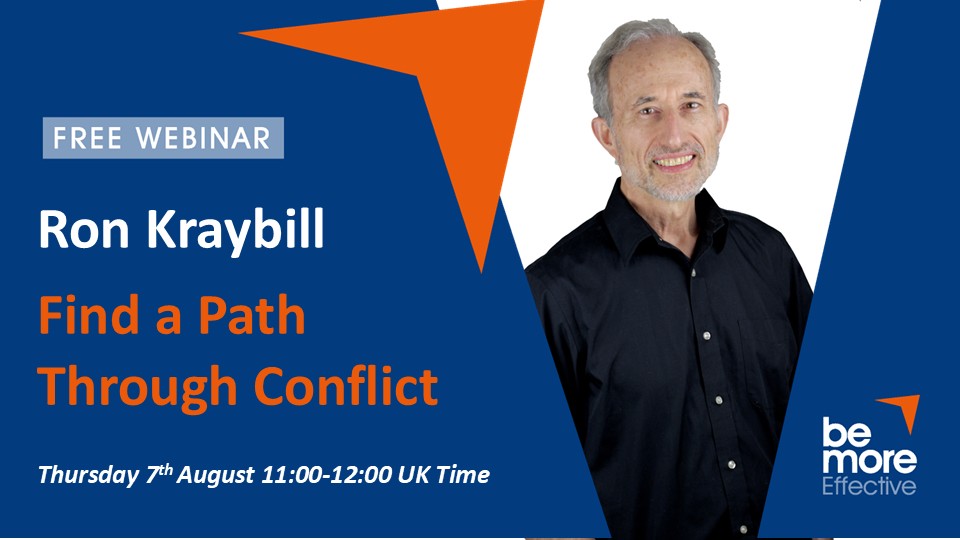Nudge nudge, wink wink, say no more

Nudge, nudge, wink, wink – say no more!
Once upon a time, when you heard the word “nudge” you’d most likely think back to that famous Monty Python sketch, where Eric Idle uses the phrase “nudge, nudge, wink, wink – say no more” as innuendo. But that was many years ago and now “nudge” has a new connotation which is gaining credence in political circles, and seems to be popular with David Cameron.
Within Whitehall is a ‘behavioural insight team’ – known colloquially as the ‘nudge unit’ – which looks to applying the theory expounded by US professor Richard Thaler, who has been to the UK and met with Mr Cameron.
Prof Thaler is director of the Center for Decision Research at the University of Chicago, where he “studies behavioural economics and finance as well as the psychology of decision-making which lies in the gap between economics and psychology”. He also “investigates the implications of relaxing the standard economic assumption that everyone in the economy is rational and selfish, instead entertaining the possibility that some agents in the economy are sometimes human”. Which – when you look at it – is pretty obvious, but sometimes it takes an academic to spell it out. If we were rational we’d all take exercise and eat healthily, but we don’t; if they were rational, young people would put their spare money into savings or a pension, but they invariably prefer to opt for the latest iPhone or iPad.
So what is nudge theory, and how can it be applied usefully to businesses?
The current manifestation is that the carrot is more powerful than the stick and considerably more cost effective.
For the State, nudging means just that – nudging people into behaving sensibly instead of ordering them to do so. An example is the NHS scheme operating in some areas, which pays obese people to lose weight (£1 per 1lb, roughly); the aim being to change behaviour over time, with a supportive nudge or three, until it becomes a sub-conscious habit not because it they are being forced or bribed – more because it feels like the right thing to do and builds a person’s self-esteem.
As for businesses, nudging could be a useful tool and, in many cases, operates successfully already – but just doesn’t use the fancy name ‘nudge theory’.
- For instance with Carbon Reduction Programmes with initiatives that praise “green champions” or make sustainability a fun interactive, socially competitive and rewarding activity.
- Or work incentive scheme, such as a commissions and bonuses, these fall under ‘nudge theory’ in that they encourage employees to work smarter and possibly harder without the boss having to use a heavy stick.
- Even Customer Loyalty Programmes can be set up to “nudge customers” to repeat purchase – try new products – buy greater quantities, buy more often or ideally a combination of all angles… Of course you’ve never personally spent a little more to gain those precious points have you… “nudge nudge – wink wink – say no more..!”
There are many ways nudge theory can help bring out the most in people whether they are your staff – to make them work effectively, or your customers to encourage greater trading. If you would like more information about how, please get in touch for a no obligation chat.
For more information please send a message via the Contact Us Page. Or you can register for an upcoming webinar.


